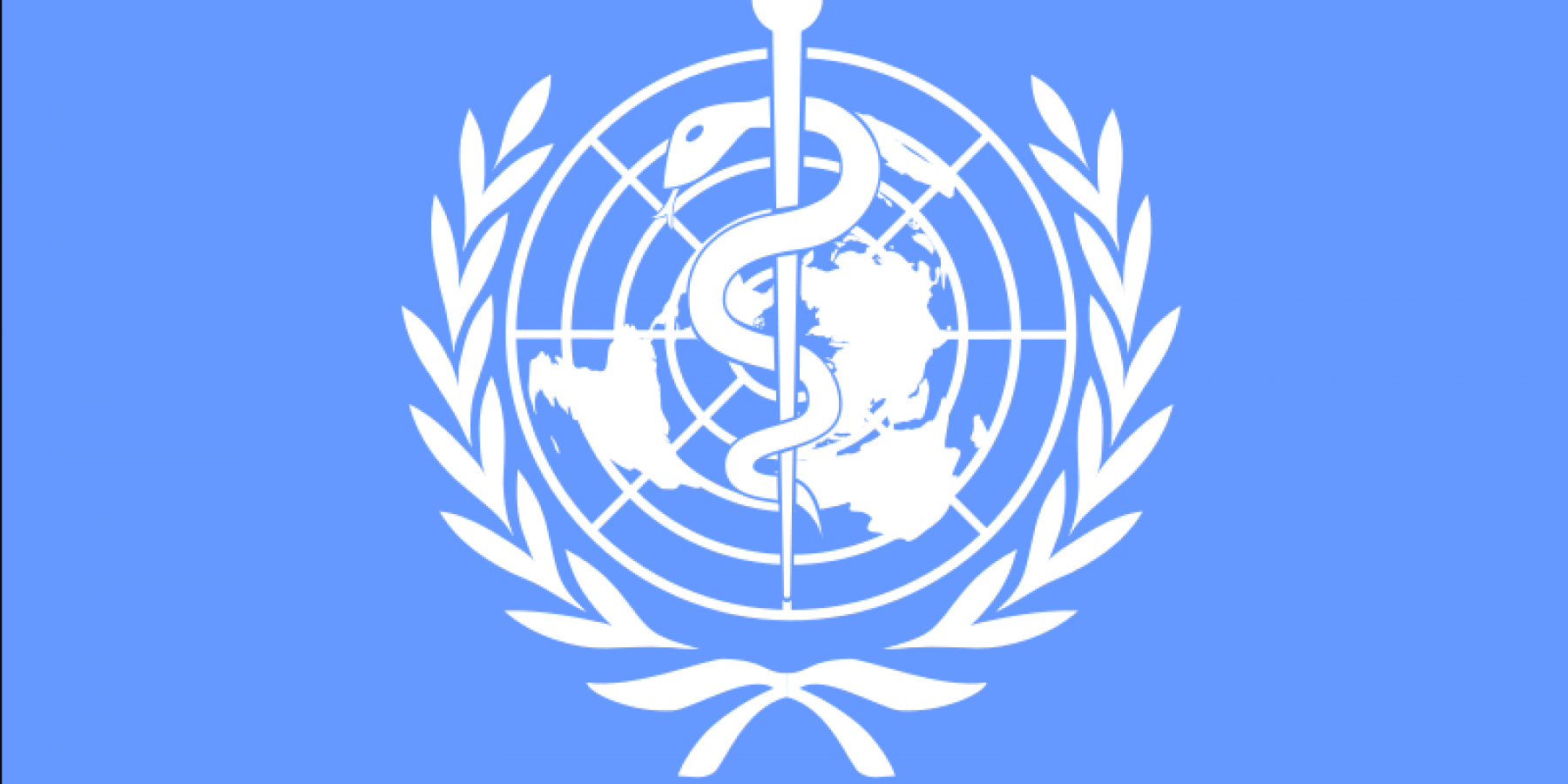The recently published 2013 edition of the World Risk Report, drawn up by the United Nations University’s Institute for Environment and Human Security in Bonn and Alliance Development Works”, a coalition of German NGOs, has named Malta, once again, as the world’s second safest country in terms of its exposure to and ability to cope with natural disasters.
The collaborative report lists Malta in second place in terms of safety from natural disasters, and just below Qatar, which was once again deemed the safest place to have lived in 2013.
Vanuatu, Tonga, the Philippines, Guatemala, Bangladesh and the Solomon Islands topped a 173-nation ranking of disaster risks and how societies cope.
While the Maltese face an overall 0.61 per cent chance of falling victim to a natural disaster and those living in Qatar a 0.1 per cent chance, a fellow island dweller in Vanuatu faces a 36.43 per cent chance, Tonga a 28.23 per cent chance while those in the Philippines stand a 27.52 per cent chance of falling victim to a natural disaster.
Both Malta and Qatar, according to the report, have very low exposure to earthquakes, floods or rising sea levels and their societies and infrastructure are well prepared to tackle such events should they come to pass.
The index calculates disaster risk by the extent to which countries are exposed to natural hazards such as drought, storms or earthquakes, and by the degree of their vulnerability. The latter depends on social factors − such as, in particular, nutrition, public infrastructure, health care, governance, education levels and the state of the environment.
The index is broken down into four subcategories:
- Exposure to natural hazards such as earthquakes, hurricanes, floods, droughts and rising sea levels.
- Infrastructure susceptibility in terms of food, housing, and economy.
- Coping capacity in terms of governance meaning lack of early warning systems, medical care, and security
- Countries’ adaptive capacities to future natural events and climate change
Sub-Saharan Africa most at risk
Inhabitants of sub-Saharan Africa are threatened by natural disasters, according to the report, being at risk of natural disasters and their consequences such as poverty and disease.
But there are some African success stories. “Ethiopia has improved from the class of high risk to the medium-risk category,” said Torsten Welle of the United Nations University in Bonn.
“Ethiopia has a higher literacy rate, with many people able to read and write. That means that more people are able to inform themselves about how best to avoid disasters.”
In addition to that, medical care has improved because the number of hospital beds has increased.
“The extent to which a disaster affects people depends largely on the health of the population and also how well medical care functions in crisis and disaster situations,” said Peter Mucke, director of Alliance Development Works, a German NGO coalition that released the report.
“In the event of an extreme natural disaster, those who know what to do have a better chance of survival,” Mucke said.
As an example, he cited the management of diseases such as cholera: “In regions where infrastructure and hygiene are a problem, you have to expect there will be an outbreak of cholera in a disaster. You can prepare for that.”
The authors of the report say that it is important to install proper functioning sewage systems to reduce the risk of epidemics after disasters.
To reduce the risk of disaster for people in African countries south of the Sahara, the president of the Alliance, Thomas Gebauer, suggests international solidarity laws.
Rich countries would have to transfer funds to poor countries so that they can improve their health systems.
“When I put forward the idea, people called me a dreamer,” he said. “But we should always be clear that initially each individual country has the duty to take care of its residents.” For him Nigeria is a case in point. The country is an important oil producer – but invests little in its health system.
Reference: http://www.independent.com.mt



